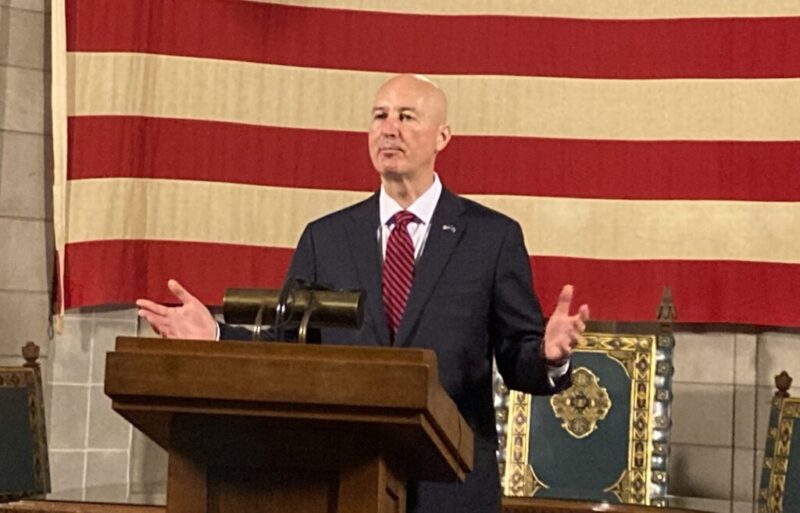![]()

Nebraska Governor Pete Ricketts announced Wednesday that the state will launch a new website Monday to help resident and local companies share in nearly $200 million dollars in federal funds to bring broadband to under- and unserved areas of the state.
Nebraska was just awarded $87.7-million dollars from ARPA, the American Rescue Plan Act, and expects to get at least $100-million through a broadband plan authorized as part of President Biden’s Infrastructure bill.
Ricketts was highly critical of ARPA when it was passed by Congress without a single Republican voting for it, and he told a news conference yesterday that while he still feels that way, he’s not about to turn down the money.
Ricketts said “you can tie inflation directly back” to ARPA, but “the money’s available (and) we’re going to take advantage of it. (That) doesn’t mean that that stimulus package that was put out there was the right policy for our country.”
The ARPA money for broadband is in addition to other funds including $30 million the state received to help companies expand high-speed internet through the CARES Act, passed under then-President Donald Trump.
Nebraska also got $40 million through the Broadband Bridge Act while another $7.2-million in federal funds are headed to the state to better educate Nebraskans on using the internet.
Ricketts said yesterday that high-speed internet is essential for growing businesses, educating citizens, using high-tech farm equipment, and expanding access to health care.
Patrick Redmond, Nebraska’s broadband coordinator, told the news conference the state will use federal planning funds to determine “the gaps” in internet coverage across the state and where funds should be deployed.
The governor added that the more “needs” the state can show through its own mapping of internet speeds, the more money Nebraska is likely to receive.
As of February of last year, an estimated 80,000 Nebraska households didn’t have access to internet speeds of 25 Mbit/s download and 3 Mbit/s upload – considered the minimum – while 150,000 didn’t have access to high-speed 100/20 Mbits service.
